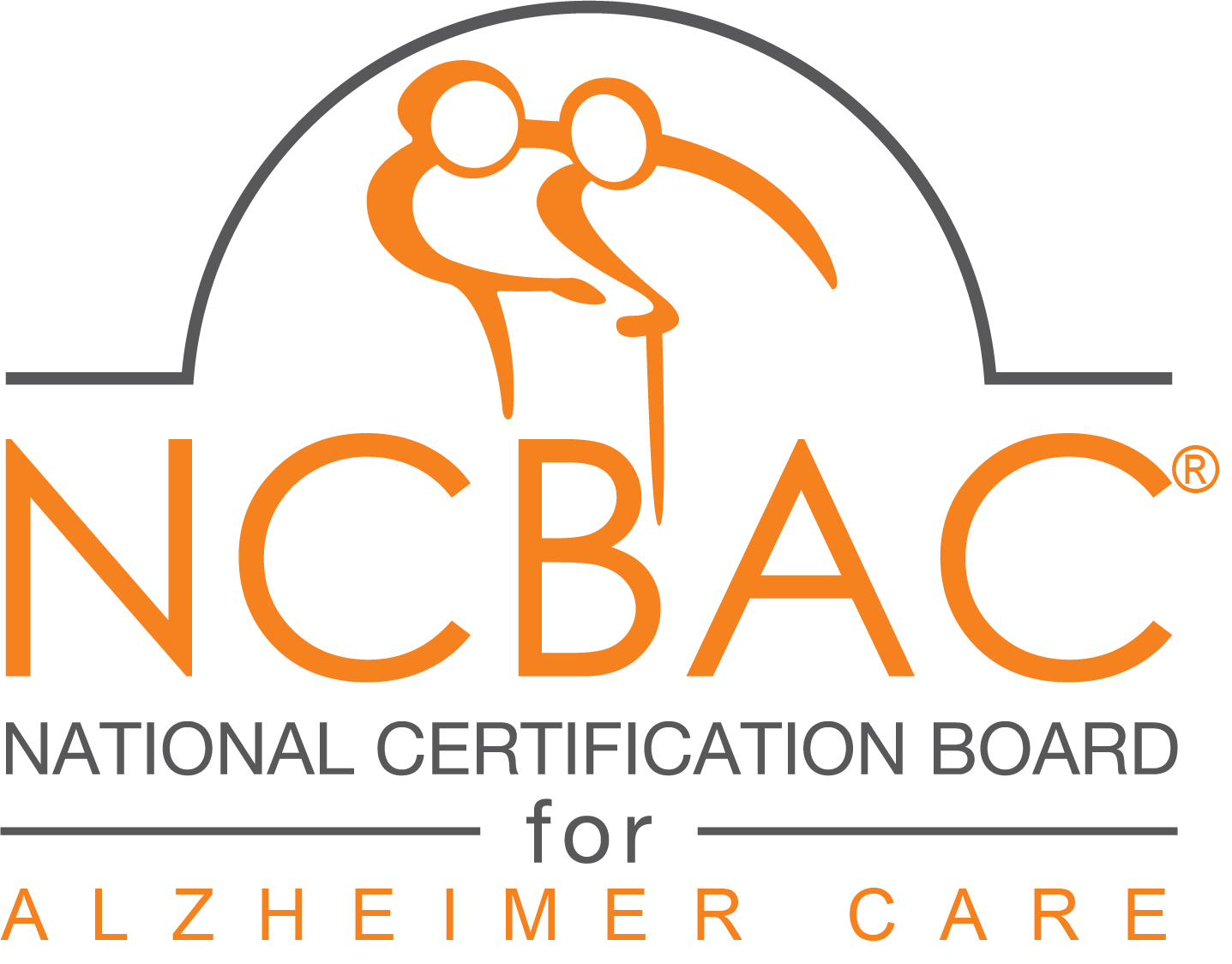Ben Isbel, from the Sunshine Coast Mind and Neuroscience Thompson Institute at the University of the Sunshine Coast, is overseeing the world-first study.
Mr Isbel said the study assessed whether attention training programs improved cognitive function, such as attention and memory — specifically in healthy, older adults.
"There have been quite a few studies using the kind of technology we are using but realistically, they've all been done on a younger population," he said.
